Three hours after yesterday’s Boston Marathon Bombings, President Obama gave a short statement in which he pointedly declined to use the word “terrorism.” Shortly after his appearance, an unnamed White House official issued a written statement “Any event with multiple explosive devices — as this appears to be — is clearly an act of terror, and will be approached as an act of terror.” Defense Secretary Chuck Hagel echoed that this morning, calling the bombings a “cruel act of terror.” This morning, Obama followed suit, specifically using the term “terrorism.”
Presidents must choose their words carefully in these situations, and I do not fault Obama for moving with caution* just hours after the attack, when he undoubtedly had not had the time to gather the full input of all the relevant agencies or separate fact from rumor.** But he is right to call this what it is; as as we move forward, we must all have the courage and clarity to call this terrorism.
The Act of Terror
We do not yet know who launched yesterday’s attacks, what their motive or cause was, whether they had any outside assistance, or even whether they believed they were acting for or against any political, religious or social cause at all. And I recognize that standard governmental definitions of terrorism often demand that these things be present. But in my view, this is mistaken, and part of the confusion that has plagued us for years, especially since September 11.
By definition, setting off bombs in a crowd of civilians at a peaceable event should be regarded as terrorism, regardless of what kind of terrorism it is. Of course, terrorism by a lone domestic nutjob with no coherent political ideology and no real allies presents different issues and requires different solutions than terrorism committed by an international organization with money, ideology, know-how and a recruiting and logistical apparatus. But both meet the essential criteria of terrorism: they seek to spread fear and horror by mass violence directed at society at large. Moreso than individual crime, the harm they cause is larger than the victims themselves: acts of this nature have a disproportionate cost in public fear and naturally tend to lead to expenditure of money on public safety and restrictions on liberty in order to preserve the ability of citizens to gather safely in public places. That harm is the same regardless of the motive.
This is related to why I favor an objective definition of hate crimes, in which motive is similarly irrelevant. If the circumstances of a crime would cause an objective observer of the crime to believe it’s a hate crime, it’s a hate crime and should be singled out for an elevated degree of punishment regardless of the motive and regardless of the kind of hate involved; the appearance of targeting a stranger for violence for any identifiable or apparent characteristic should be enough. Let me elaborate with an example: a white man attacks a black stranger in public, while shouting the “N word”. It doesn’t matter whether that crime is racially motivated or not – the effect will be a larger intimidation of black people in the area than a random street crime, because a reasonable observer would believe that it signifies that black people are in danger there merely due to the color of their skin. It’s that additional effect that we punish above and beyond the punishment for the crime itself. If it looks like a random street crime but the perpetrator secretly reads skinhead books at home, the effect is not the same (obviously the use of racial slurs is not the the only objective indicia you would look to, but the test should be an objective one considering the observable circumstances). As with an objective definition of terrorism, eliminating motive has a clarifying effect: certain acts cause harm beyond their victims by nature of act, and are more damaging for that reason.
Terrorism At War
This may seem like a semantic point, but it is not. The inability to define our words with clarity, and to use them to draw meaningful distinctions, always has consequences. This is even more true at war as it is in domestic disputes like the battle over the meaning of the word “marriage” or the various efforts at euphemisms to describe abortion. Whatever words we use, sooner or later become the name of the thing. Words are never unimportant.
The effort to put specific kinds of political terrorism in a box separate from other mass atrocities is partly a result of the imprecision of the term “War on Terror”: the Obama Administration doesn’t want to admit to suffering a major terrorist attack on American soil, and doesn’t want to feel compelled to ramp up the whole “War on Terror” machinery over every such incident. The fault runs back to the Bush Administration’s use of the term – you don’t fight wars against a tactic, but an enemy, and the difficulty of defining an enemy has been a major part of our difficulty in properly explaining at home and to the world what we are doing and why. Part of what we’ve been struggling with since September 11 is that our imprecise language reflects inability to think or communicate clearly.
America is not at war with Islam any more than it is at war with “Terror” or “Terrorism,” but a specific faction within Islam is at war with us, and not every terrorist attack or international dispute in the world is part of that war. You can call them, for lack of a better term, Islamists; we can debate the proper nomenclature (“Islamofascist” was more accurate but clunkier), but you cannot be a serious person and ignore their existence and role in violence around the globe. The enemy is not a single terrorist organization, but a larger movement with a political ideology that spans state and non-state actors, Arab and non-Arab Muslims, and factions within both Sunni and Shi’ite Islam. It is a political movement with political ideas and goals, albeit ideas and goals that are advocated in the name of a religion and with citation to religious authority. The relationship between Islamism and Islam is a subject for another day, but it’s important to recall that, in addition to citing chapter and verse of the Koran and the history of the ummah, the political movement’s propaganda and ideology also borrow extensively from Western sources – the propaganda and ideology of the Nazis, the Communists and academic lefists of the Edward Said/Noam Chomsky variety (all of whom have borrowed freely from each other’s sources of propaganda over the years when it suits their purposes).
As an act, the Boston Marathon Bombings are terrorism whether or not they turn out to be connected to that war. If evidence shows that they are not connected, that does not change the ongoing nature of the war, which thankfully has mostly been conducted outside the United States and outside the West since the London bombings of 2005, as the attention of the Islamists has turned to the turmoil within the heartland of North Africa, the Arab Middle East, Afghanistan and Pakistan. If it does turn out to be connected, we will undoubtedly be reviving many of the debates we have had previously about the “War on Terror.” Either way, we should not fear to call either the act or the perpetrators by their true names. Calling a thing what it is, is the first step to facing it.
* – Yes, I know that, in other cases like the Henry Louis Gates flap and the Trayvon Martin story, Obama has been quick to jump in with hair-trigger conclusions when he feels he can score a point. But that’s not a trait of his to encourage. Likewise, there’s a longstanding pattern, repeated again yesterday in some quarters, of mainstream media figures and liberal politicians rushing to convince the public before the facts are in that every terrorist act and mass shooting is the work of right-wing extremists. But again, this sort of thing should be denounced, not imitated. Political conclusions about a terrorist act can await the facts.
** – This is why Mitt Romney botched the criticism of Obama on Benghazi. The problem wasn’t when the President used the right word; it was the fact that the Administration was pushing a false factual narrative (that the attack in Benghazi was the result of a protest against a YouTube video rather than a planned assault backed by Islamist extremists) well after the Administration knew it to be false.



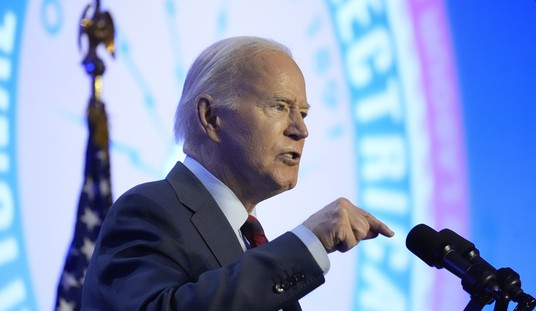
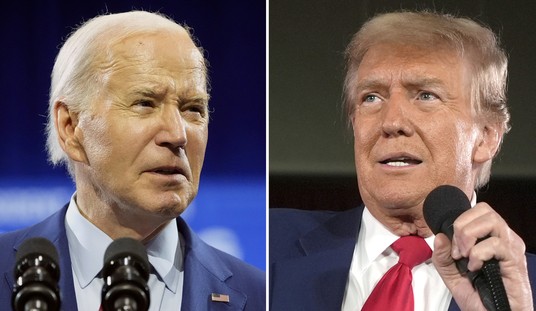
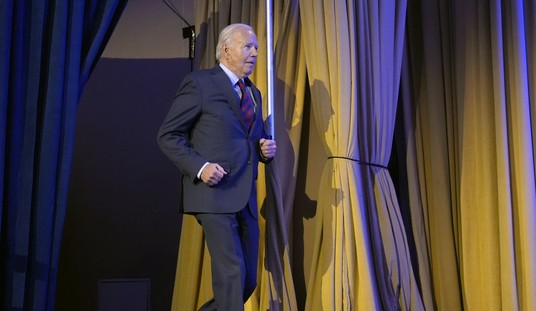





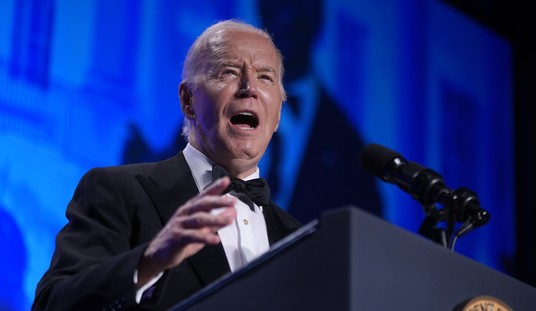

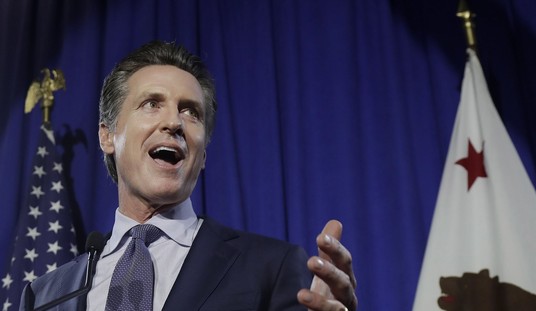

Join the conversation as a VIP Member